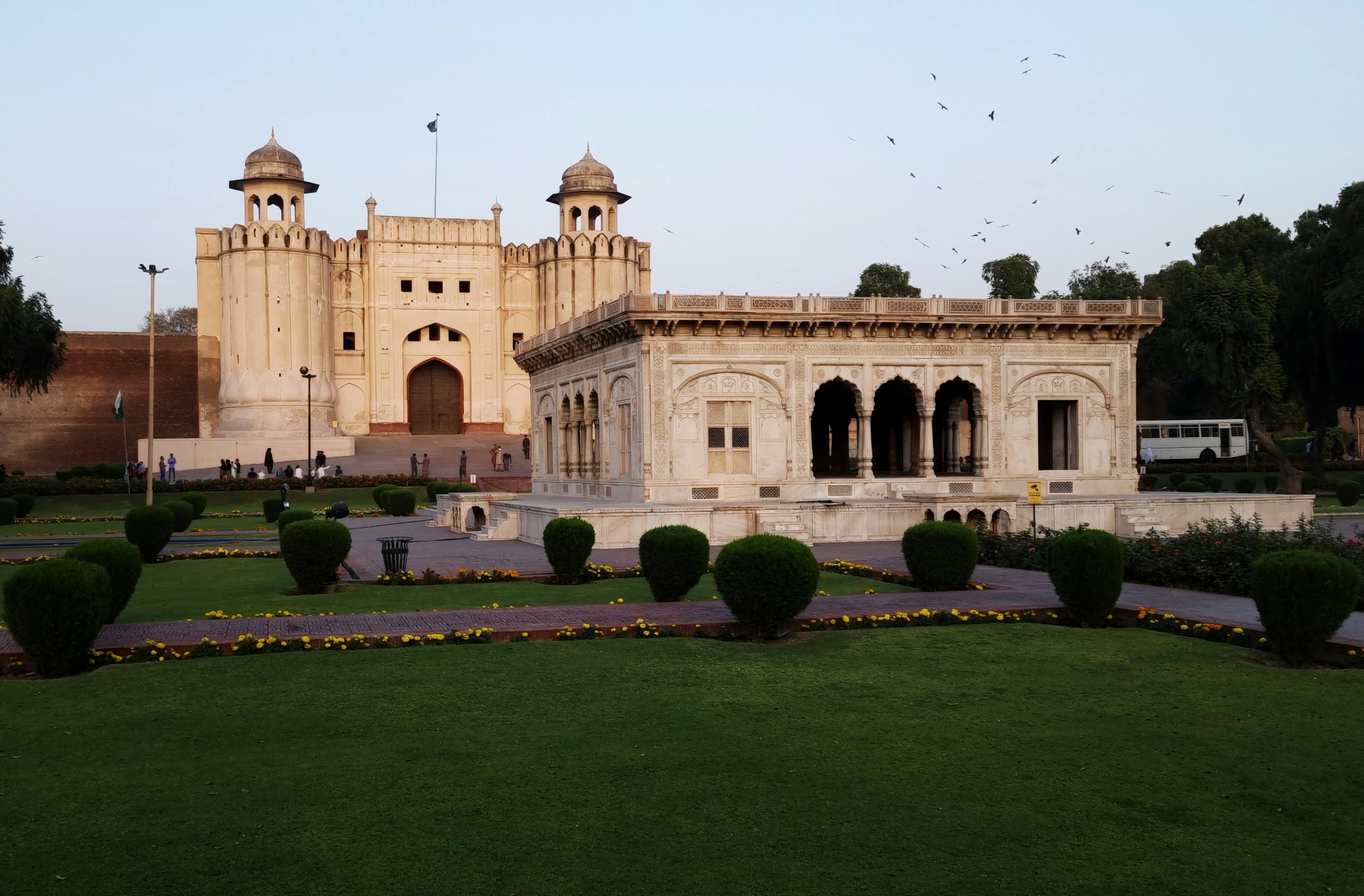Is Pakistan’s economic winning streak coming to an end? In short, no it’s not; in fact, the mass exodus marks the start of what the indicators tell us will be a very prosperous decade for Pakistan. This is something that we, at One Homes, knew was coming decades ago.
With Procter & Gamble announcing its exit from Pakistan, joining the ranks of multinationals like Shell, Microsoft, Uber, and Yamaha in exiting or scaling down operations, and Gillette reportedly preparing to do the same, this slow-burning trend now appears to be accelerating.
But does this signal collapse, or correction?
A Long Goodbye, Now Reaching Speed
Over the past three years, exits have mounted across sectors: energy (Shell), pharmaceuticals (Eli Lilly), tech (Microsoft), transport (Uber), and now fast-moving consumer goods (P&G, possibly Gillette). The reasons vary: global restructuring, market prioritisation, pressure on margins, or intellectual property risks.
And in many cases, these are not total exits. They're strategic pivots, from direct presence to third-party distribution.
But the cumulative effect matters. For the first time, the pace of exit is fast enough to raise macro-level questions: is this a vote of no confidence, or the growing pains of a local economy transitioning to a different kind of growth?
The Real Win: Localisation in Action
In the vacuum left by global brands, a new class of local and regional firms is rising. Brands like Khaadi, Mezan Group, Gourmet, K&N’s, and Kebabjees have all expanded, sometimes into product categories once dominated by multinationals. Ride-hailing? Yango, PinkFly and InDrive are competing hard on local terms.
These aren’t opportunistic replacements. They're part of a broader structural pivot where local players scale up, attract capital, and capture share, supported by a fast-growing consumer base, improving digital infrastructure, and increasing investor trust.
What The Numbers Tell Us
In stark contrast to the headlines, the Pakistan Stock Exchange hit an all-time high this week, with the benchmark KSE-100 nearing 170,000 points. Volumes broke records, with over Rs79 billion traded in a single day. Mutual funds, insurance firms, and private investors are actively buying.
The sectors leading the rally? Oil marketing, cement, auto, and manufacturing, precisely the kind of industries that benefit from import substitution, energy diversification, and domestic value creation.
At the same time, large-scale manufacturing jumped 8.9% YoY in July, the highest in 37 months. Furniture grew 87%, autos 58%, and apparel 25%, with strong showings in cement, food, and transport. This is not market exuberance without fundamentals. It's a sign that industrial momentum is quietly rebuilding.
From Exits to Entry Points
In 2025 alone, Cnergyico placed a second order for U.S. crude, part of a new bilateral trade framework with Washington offering lower tariffs for Pakistani exports. While multinationals shrink operations, local refiners are scaling capacity, exploring offshore terminal expansions, and aligning with global supply chains.
This is integration, on new terms.
The recent $7B IMF programme, record remittance inflows of $38.3B in FY25, and widening bilateral agreements with the U.S., Turkey, Germany, and GCC nations all suggest that the investment mood is shifting from dependence to self-determination.
What This Means for the Future
Multinationals exiting is not painless. Jobs are lost. Value chains are disrupted. And confidence can wobble, especially among legacy institutions that equate foreign brands with economic maturity.
But long-term, this can be the start of a healthier, post-dependency economy. One where local businesses compete globally, innovation emerges from within, and foreign capital finds its way through local partners, not parent companies.
Pakistan is overdue for such a transition. And this wave of exits, if met with smart policy, stable regulation, and digitised governance, can finally clear the runway.
For investors looking to buy homes in Pakistan’s rising real estate market, One Homes is a British developer building vacation homes in emerging economies.
Our focus is on high-growth regions where local demand, diaspora capital, and economic reform converge to create resilient real estate markets.
Recent News

.jpg)

